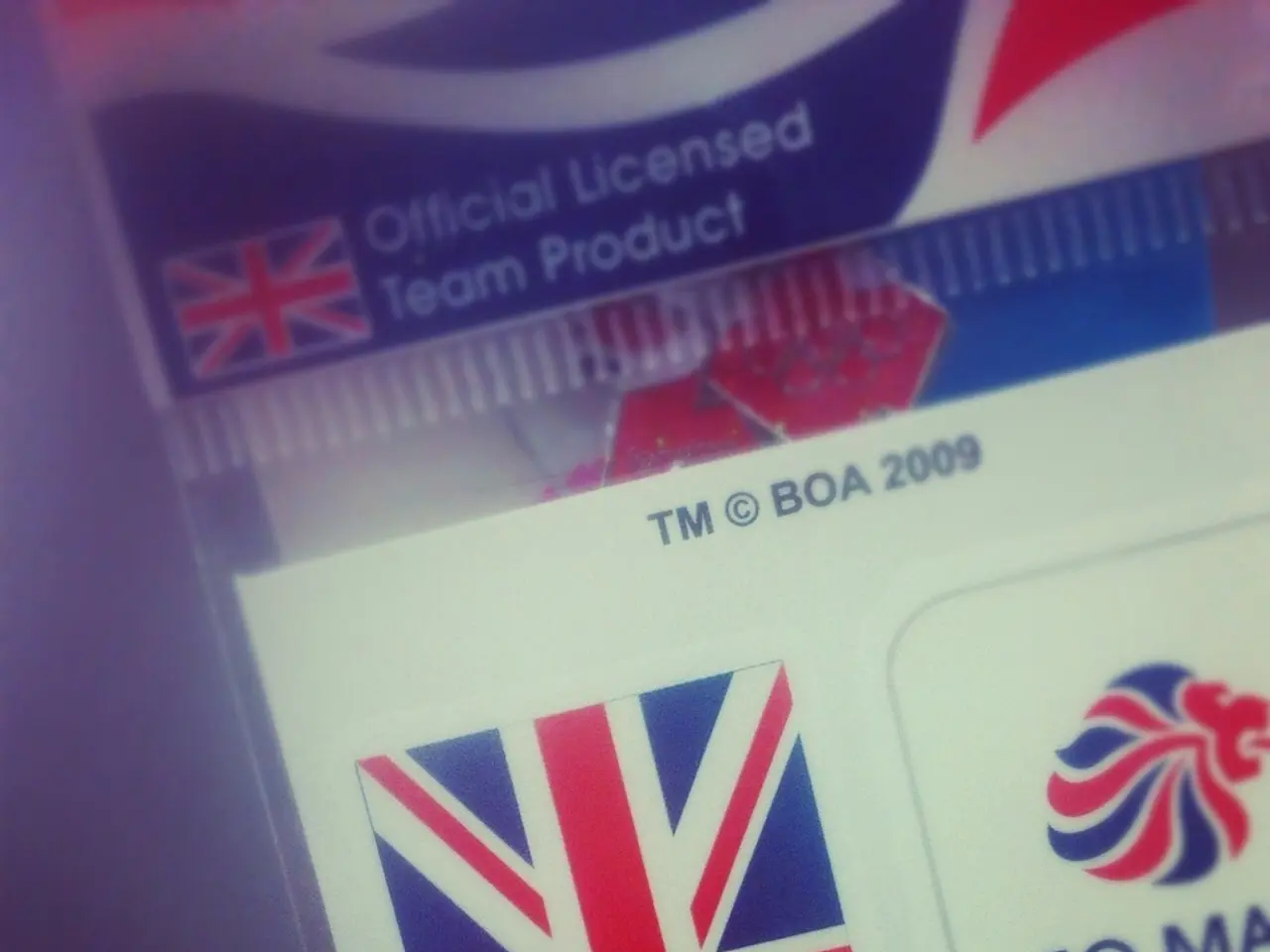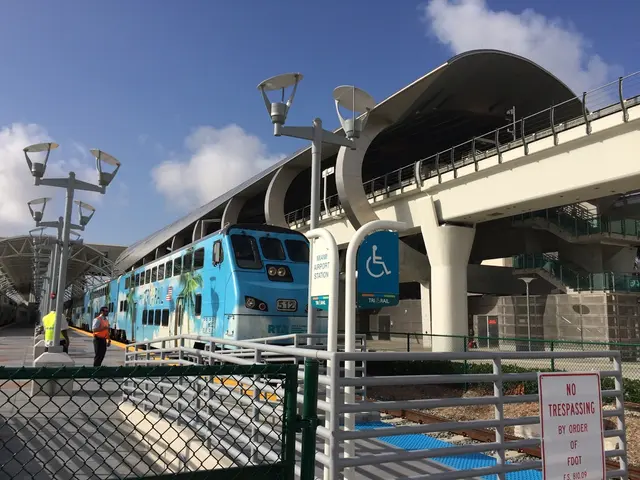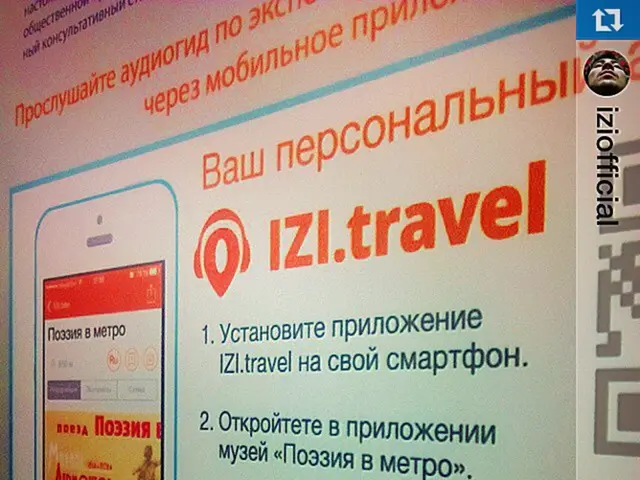Instructions for Acquiring a Financial Technology (FinTech) License in Ghana
In Ghana, the integration of technology into financial services offerings, known as FinTech, has expanded to include a variety of services such as mobile money, digital wallets, lending platforms, digital banks, insurance, investment platforms, cryptocurrencies, and remittance services. To operate legally, FinTechs must be licensed and regulated by the Bank of Ghana.
The process for obtaining a Fintech license in Ghana involves several steps. First, businesses must prepare detailed documentation, which includes the Certificate of Incorporation, a comprehensive business plan, technical and security infrastructure details, and personal background information of key executives.
Next, applications are submitted through the Bank of Ghana, typically via the ORASS portal. This ensures compliance with capital, technology, and security requirements. Fees for the licensing process vary depending on the type of fintech service offered, and applicants must have a financial plan to cover these costs.
Once the application is submitted, the Bank of Ghana will evaluate corporate governance and risk management, inspect ICT systems, conduct site visits and due diligence, and verify the fitness and propriety of directors and shareholders. If successful, the applicant will receive an approval-in-principle (AIP) and, after meeting conditions, the final license.
In addition to initial licensing, ongoing compliance requirements for fintech companies include adherence to the Data Protection Act, 2012 (Act 843) for customer data security, maintaining capital adequacy, implementing robust Anti-Money Laundering (AML) and Know Your Customer (KYC) protocols, and submitting regular financial and operational reports to the Bank of Ghana for oversight.
For crypto-related fintech licenses, Ghana plans to formally license Virtual Asset Service Providers (VASPs), including cryptocurrency exchanges and wallet providers, starting September 2025. The crypto licensing framework will require registration and licensing with the Bank of Ghana, compliance with AML/KYC regulations, cybersecurity standards and regular audits, and meeting minimum capital thresholds.
FinTechs must also register with the Data Protection Commission for consumer data handling, Financial Intelligence Centre (FIC) for AML/CFT registration, Ghana Revenue Authority (GRA) for tax registration and TIN. Post-license compliance includes submitting periodic returns to BoG, complying with AML/CFT reporting, and implementing customer recourse mechanisms.
The Bank of Ghana has initiated the mandatory registration of Virtual Asset Service Providers (VASPs) operating in Ghana. Registration does not constitute licensing or regulatory approval but provides data for the development of a future legal and regulatory framework for the virtual asset ecosystem.
FinTechs should also submit Service Level Agreements (SLAs) with third parties. The Financial Intelligence Centre (FIC) is responsible for Anti-Money Laundering (AML) compliance for FinTechs in Ghana.
To obtain a FinTech license in Ghana, a business must first determine its license category, incorporate the business, prepare documentation according to BoG guidelines, and meet other regulatory requirements. The licensing application process starts on the ORASS portal (https://orassportal.bog.gov.gh/PublicForm/PublicForm.aspx).
Investing in a financial technology (FinTech) business in Ghana requires preparing detailed documentation and meeting regulatory requirements, such as obtaining a license from the Bank of Ghana. This process involves submitting an application through the ORASS portal, providing a Certificate of Incorporation, a comprehensive business plan, technical and security infrastructure details, and personal background information of key executives.
Using services like digital banks, investment platforms, and cryptocurrencies offered by FinTechs in Ghana necessitates adherence to ongoing compliance requirements. These include adherence to the Data Protection Act, 2012, maintaining capital adequacy, implementing robust Anti-Money Laundering (AML) and Know Your Customer (KYC) protocols, and submitting regular financial and operational reports to the Bank of Ghana for oversight.







